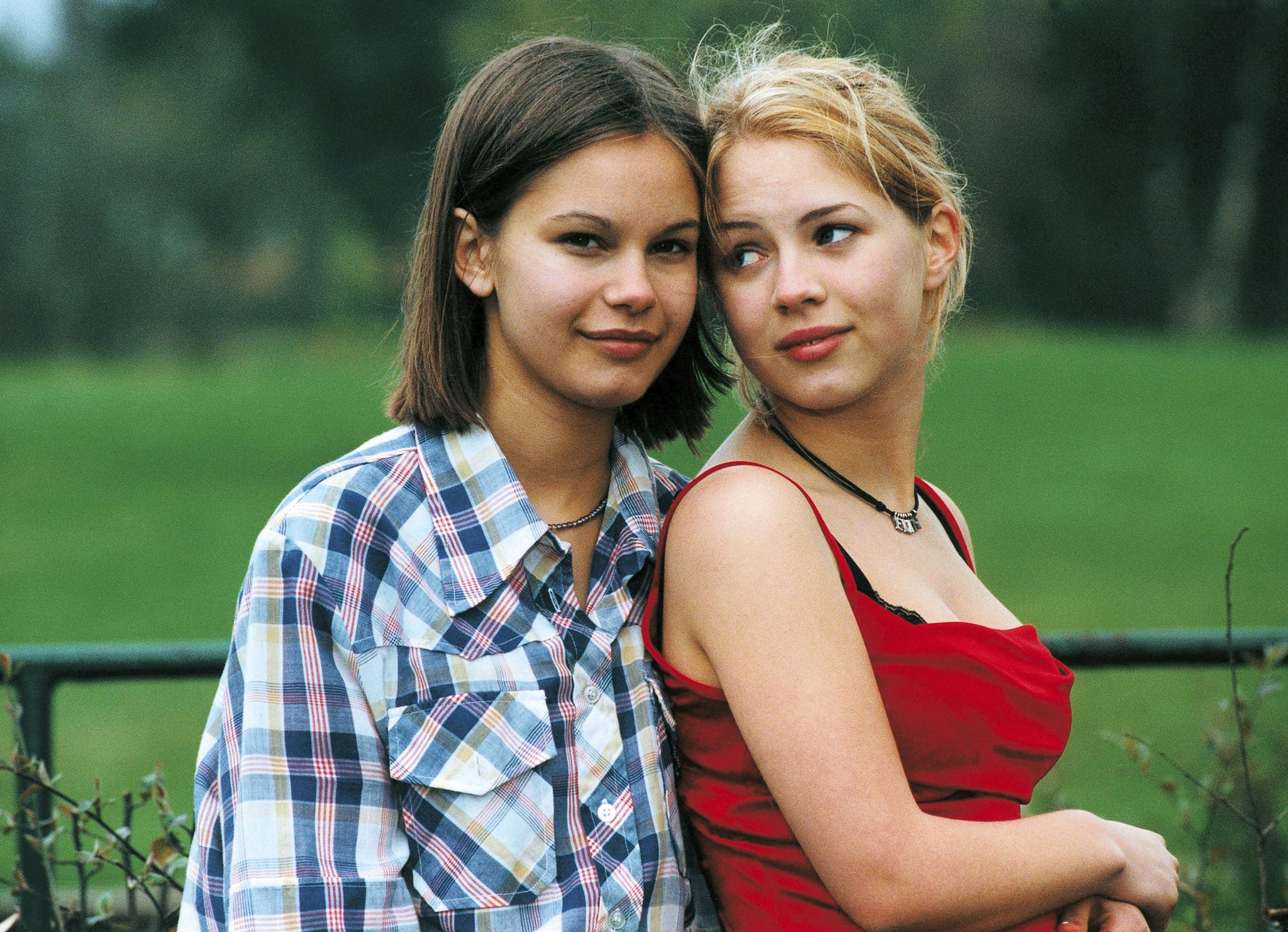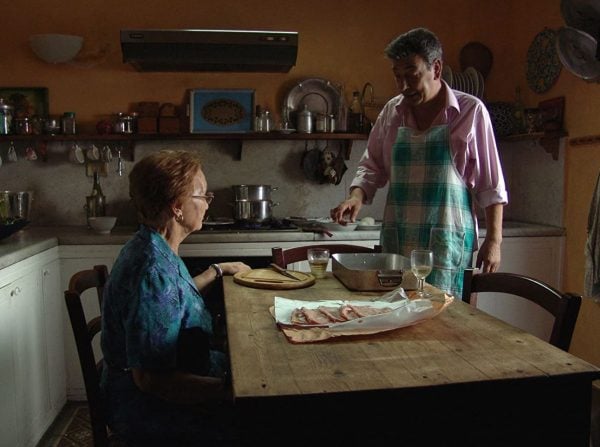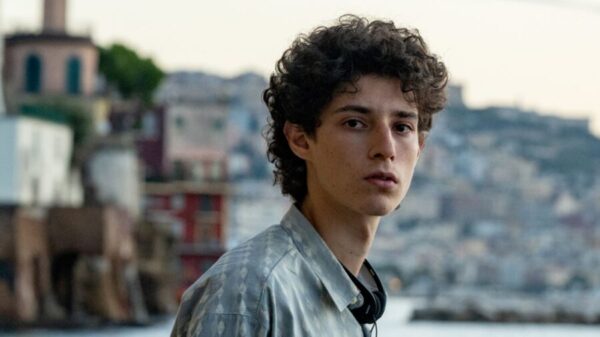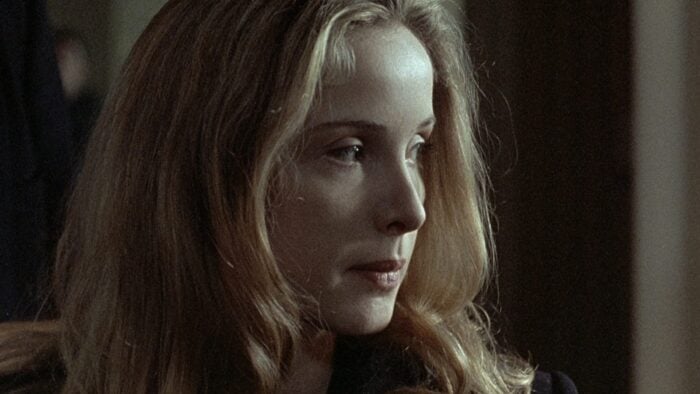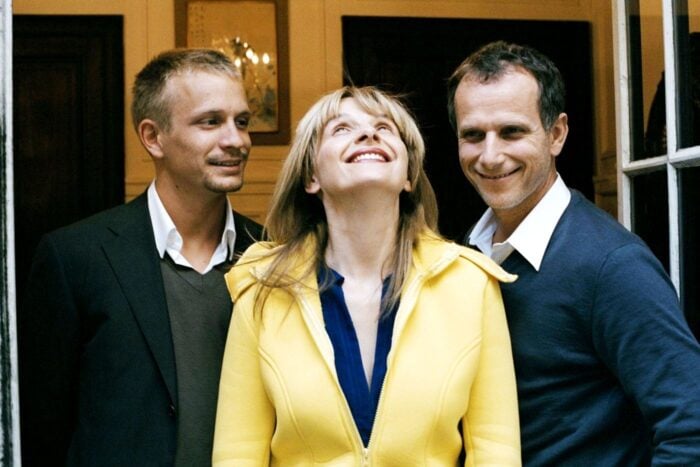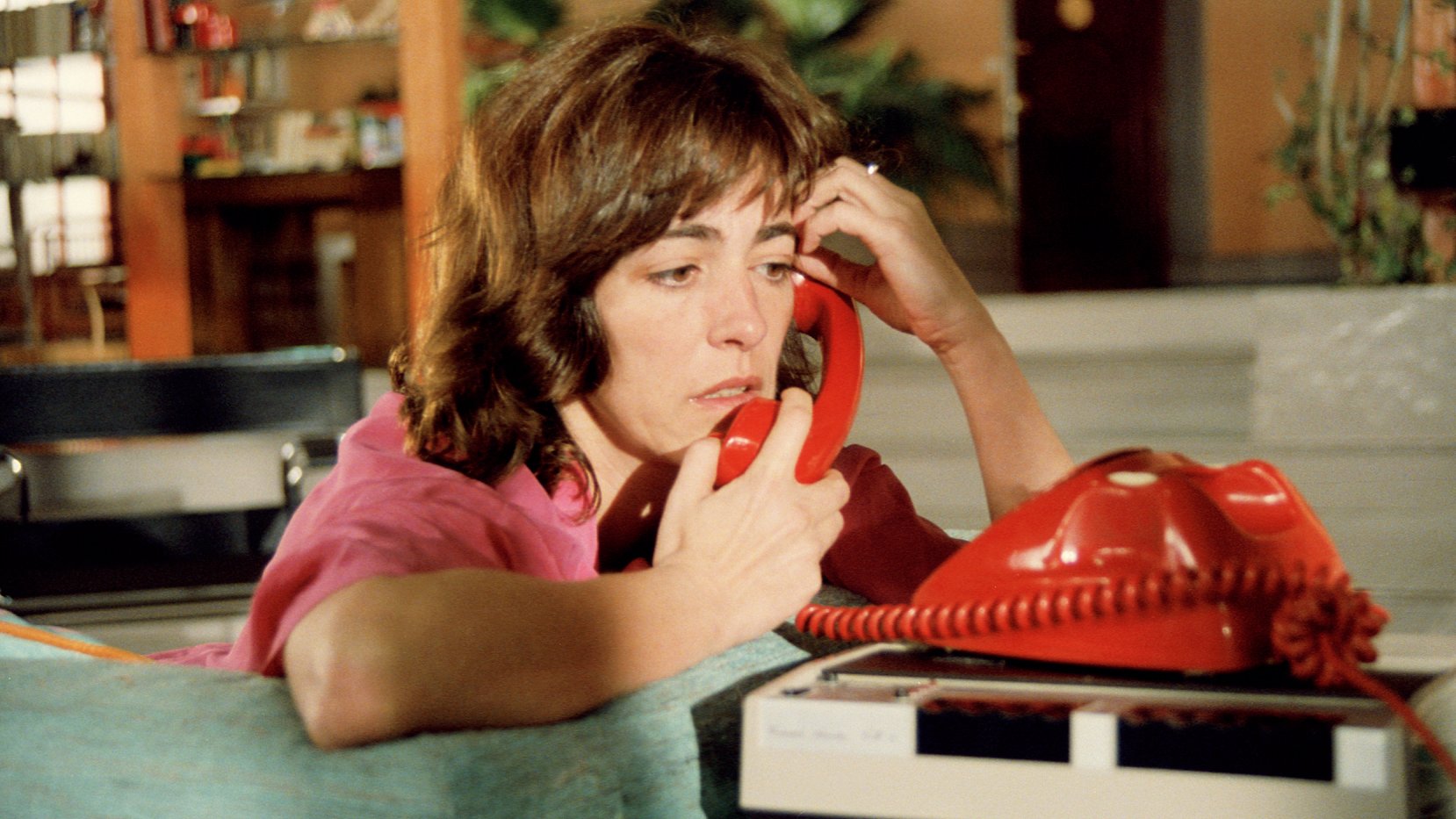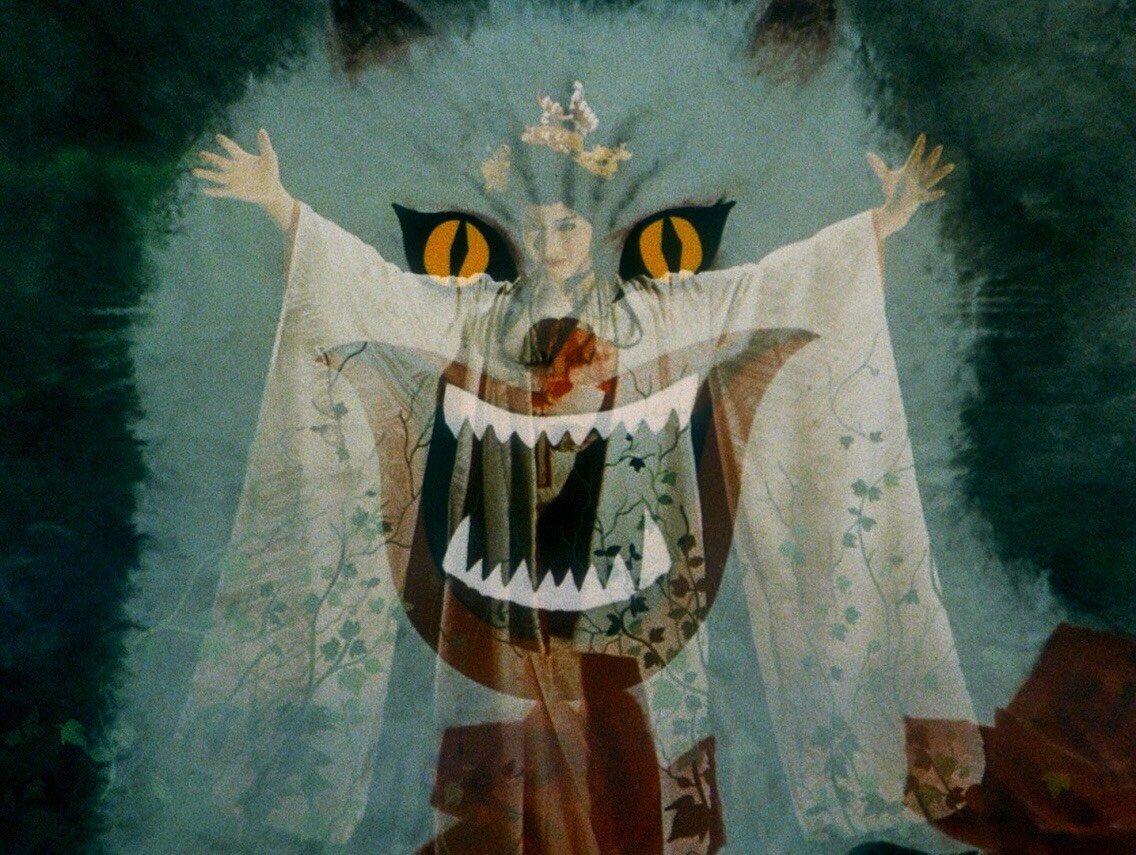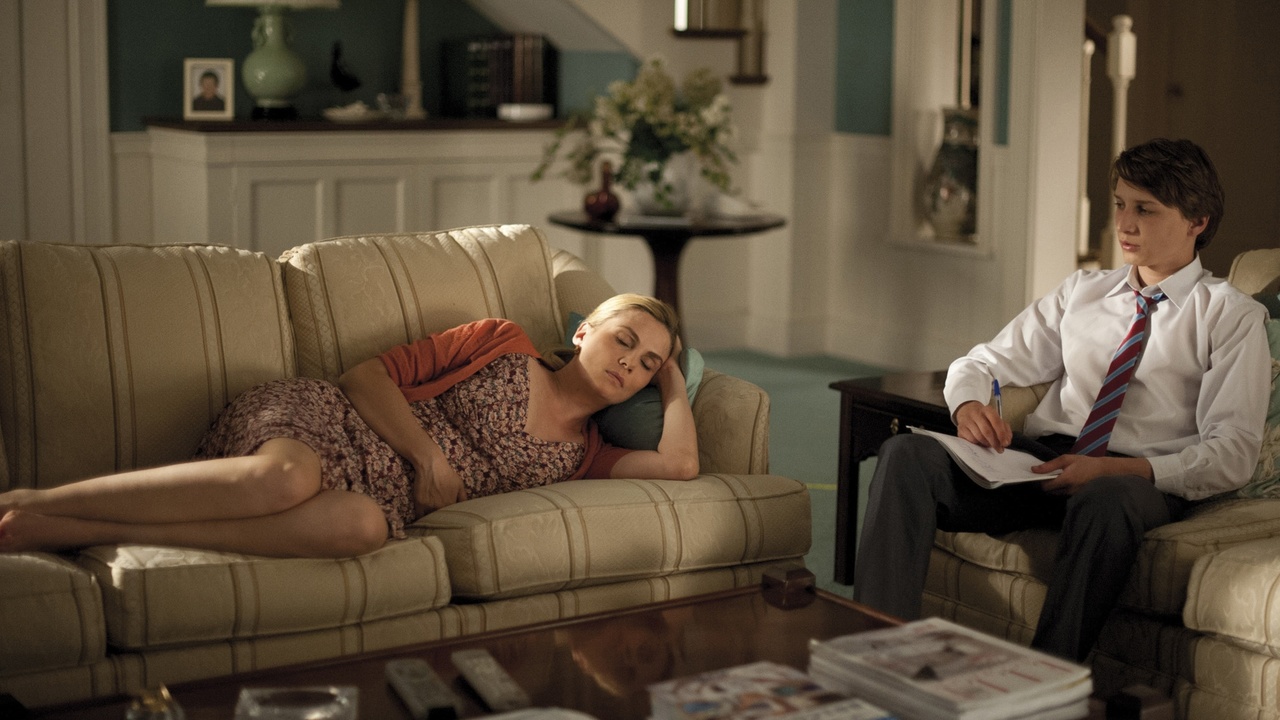
100 Best Foreign Comedies of All Time
April 16, 2025
Share:
Don’t you just love a good comedy? In this list, we scoured our favorites to find the most side-splitting movies from around the globe. Some are bleakly funny while some are slapstick hilarious. The great thing about them is that they transcend language barriers and resonate on every continent; truly, these films are a testament to the universality of laughs. So join us as we explore the best foreign comedies of all time that will prove, without a doubt, that laughter truly knows no bounds.
Read also:
31. Show Me Love (1998)
Genres
Director
Actors
Moods
Set in the small town of Åmål, western Sweden, the debut feature by Lukas Moodysson (We Are the Best), is itself a metonymy for the bigger questions of life. It’s playful and dead serious at the same time, in the way it portrays teenager Agnes, who, after two years of living in Åmål, still hasn’t made any friends that would attend her birthday party. Instead, she spends her time typing away on her computer, poetic diaries and love confessions to a girl from school named Elin. She’s the popular one and therefore, out of reach. The amount of tension and escalating ambivalence the film conjures with just a simple narrative decision—a bet, a kiss, an apology—is palpable throughout the 86 minutes of its runtime. A perfect capsule of lesbian desire and first love, Show Me Love is a gem of a movie; one that would make you think Close was a tad overrated. Oh, and don’t forget to add the titular song by Swedish pop star Robyn to your Spotify favorites.
32. Mid-August Lunch (2009)
Genres
Director
Actors
Moods
Director Gianni Di Gregorio’s gorgeous debut is an understated masterpiece about a bachelor who is his mother’s caregiver. The movie takes place almost entirely in Di Gregorio’s family home in central Rome, a beautiful, big, and well-furnished apartment that his character can’t afford any longer.
To catch a break from rent, he agrees to host the landlord’s mother while the landlord goes on holiday. The same for his and his mother’s medical bills, and the doctor shows up with yet another elderly woman.
Di Gregorio finds himself running an impromptu elderly home, with conflicts rising about who gets to watch TV and whose dietary restrictions should be respected. But his calm demeanor, love for cooking, and a lot of white wine make him the perfect man for the job.
33. Soul Kitchen (2009)
Genres
Director
Actors
Moods
A delightfully screwy comedy about a guy and his struggling bar (of the title). The film is full of food, music, dancing, romance, and crazy coincidences. Our hero, Zinos, has just be abandoned by his girlfriend. On top of that his bar is struggling, he’s recently thrown his back out, he desperately needs to find a new chef, and his shady brother has just come to the Soul Kitchen looking for a job after being let out of on “partial parole.” Will it all work out in the end? Of course it will! This film is a lot lighter than Akin’s previous features, but maybe after all those challenging pictures he just felt the need to have a good time, which this film definitely delivers.
34. The Hand of God (2021)
Genres
Director
Actors
Moods
The Hand of God is the autobiographical movie from Paolo Sarrantino, the director of the 2013 masterpiece The Great Beauty. He recently also directed The Young Pope with Jude Law and Youth Paul Dano, both in English. He is back to his home Italy with this one.
More precisely, he’s in his hometown Naples, in the 1980s, where awkward teenager Fabietto Schisa’s life is about to change: his city’s soccer team Napoli is buying the biggest footballer at the time, Diego Maradona.
Sarrantino, who is also from Naples, made this movie that is half a tribute to the city and half to what it meant growing up around the legend of Maradona.
The Hand of God is to Sarrantino what Roma was to Alfonso Cuarón, except it’s more vulgar, fun, and excessive. It is equally as personal though, and it goes from comedy to tragedy and back with unmatched ease.
35. Three Colors: White (1994)
Genres
Director
Actors
Moods
Krzysztof Kieślowski’s trilogy reflects both the colors and the values of the French republic: liberté, égalité, fraternité. In Trois couleurs : Blanc (Three Colors: White), Kieślowski explores not only the theme of equality, but also the ramifications of defining and “achieving” equality as a European ideal.
After failing to consummate their marriage, Dominique (the ever-bewitching Julie Delpy) divorces Karol (Zbigniew Zamachowski), leaving him broke and humiliated. Karol plots to exact revenge on his ex-wife, becoming richer and cruller in the process.
Although this is often regarded as the weakest of the trilogy, White is worth a watch not just for completionists. Kieślowski interrogates what it means to be equal in sex and socioeconomic class—and if when we strive to move upward in society, whether we are really debasing our basic humanity and humility.
36. Summer Hours (2008)
Genres
Director
Actors
Moods
Summer Hours centers on three siblings tasked with sorting the valuable pieces their mother left behind. Frédéric (Charles Berling), the eldest, has different ideas about inheritance than his overseas siblings. Will their beloved house stay or go? Will the art? The furniture? Can they afford to keep all these for sentimental reasons or would it be wiser to sell them? They go back and forth on these questions, rarely agreeing but always keeping in mind the life these seemingly inanimate objects occupy, as well as the memories they evoke, which are beyond priceless.
Summer Hours resists melodrama, opting instead for the simple power of restraint—of unspoken words and charged glances. And the result is a quietly affecting movie that basks in the details to paint a wonderful, overall picture of home and family.
37. Delicatessen (1991)
Genres
Director
Actors
Moods
From the brilliant minds of Jean-Pierre Jeunet and Marc Jano comes a utopian vision for the ages. After having worked together before on the short sci-fi film The Bunker of the Last Gunshots, the duo-turned-longtime-collaborators pick it up a notch in one of the best dark comedies to come out in the 90s.
In Delicatessen, Jeunet and Jano disguise the wretchedness of modern society in a post-apocalyptic world where food is the global currency, given how scarce it’s become. We follow Louison (Dominique Pinon), an everyday man who falls in love despite all the hubbub and squalor surrounding him. But nothing comes in the way of love, and instead of discovering a salve, he encounters a snag, one that pulls him deeper into society’s most complex ethical dilemmas.
Many films have already been made about inequality and hierarchies, but none have been quite as darkly funny and unapologetic as Delicatessen.
38. The Man Without a Past (2002)
Genres
Director
Actors
Moods
The magic of this movie — and every other one directed by Aki Kaurismäki — is in the way it inspires so much hope despite the darkness of its subject. When a man (Markku Peltola) is beaten and robbed one night, he wakes up without any memory of who he is. Forced to start life all over again, he’s subjected to yet more cruelty at the hands of a greedy slum landlord and callous authorities, but finds sympathy and support from his equally downtrodden neighbors. Though the street thugs have emptied his wallet, the unquestioning generosity of the people around him suggests he’s now richer than he was at the film’s outset — as does the sweetly simple romance he strikes up with a lonely Salvation Army worker (Kati Outinen).
Kaurismäki doesn’t just make films about the disenfranchised for the sake of it: he shows us how easy — and yet momentous — acts of human kindness and solidarity can be, how radical they are in a bleak world. It’s not often a movie can so persuasively reassure us of people’s inherent goodness, but it’s even rarer still for it to be done with as much deceptive, charming simplicity as here.
39. Women on the Verge of a Nervous Breakdown (1988)
Genres
Director
Actors
Moods
Break-ups aren’t the easiest thing to overcome, but how we deal with them usually doesn’t get as ludicrous as the events Pepa goes through in Women on the Verge of a Nervous Breakdown. The film makes said nervous breakdown chaotic– it includes spiked gazpacho, a frantic call to the police, and being held at gunpoint– but as Pepa and the women around her try to put off each fire, at least one of them literally, writer-director Pedro Almodóvar ensures sympathy for them, with Pepa’s snappy dialogue cutting through the lies of a smooth-talking womanizer refusing to face them. And it’s all paired with a suitably dramatic score, meticulous staging, and exaggerated, colorful frames mostly occurring in the wreck of a fabulously styled penthouse.
40. House (1977)
Genres
Director
Actors
Moods
Visiting a relative can feel strange, because especially when the loved one you share is gone, the visit will inevitably bring up feelings of grief, nostalgia, and being stuck because of it. But no visit would be as strange as the 1977 cult horror classic House. It’s a classic not because it’s particularly scary– in fact, most of the time, the film is much more bizarre than terrifying– but because this grief manifests in the eccentric estate through unusually unrealistic, but undeniably stylish psychedelic visions that stem from the kind of nightmares one would get as a kid as well as the real-life devastation Nobuhiko Obayashi faced as a Hiroshima survivor. It’s because of these absurd images that House escapes explanation, yet still became Obayashi’s definitive work. Hausu is simply a film that you have to visit for yourself.
Comments
Add a comment
Ready to cut the cord?
Here are the 12 cheapest Live TV streaming services for cord-cutting.
More lists
Lists on how to save money by cutting the cord.
Curated by humans, not algorithms.
© 2025 A Good Movie to Watch. Altona Studio, LLC, all rights reserved.
